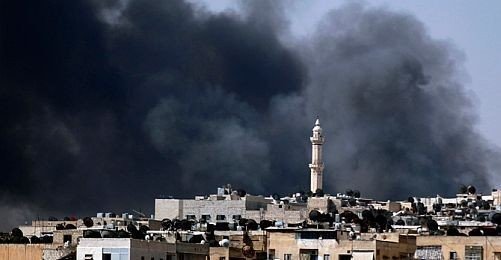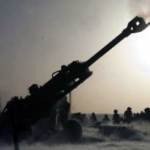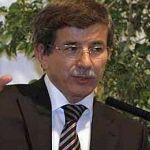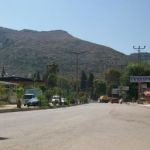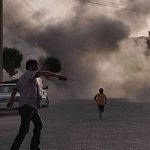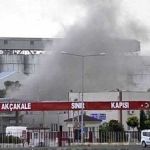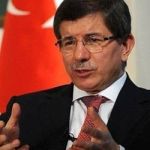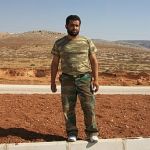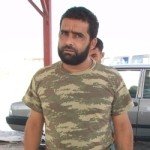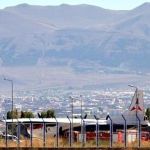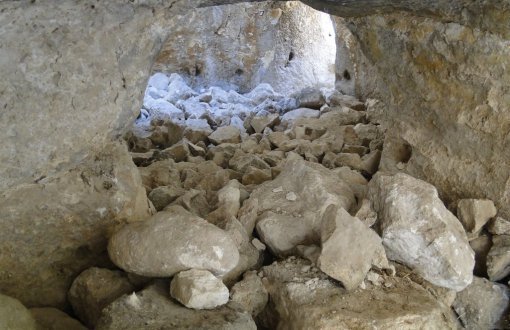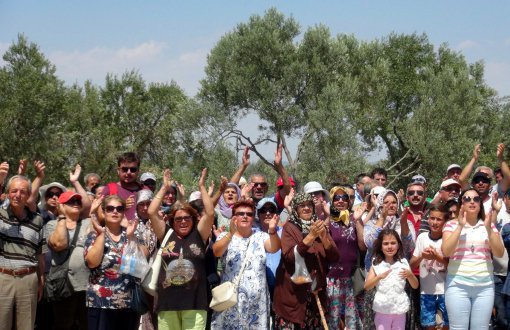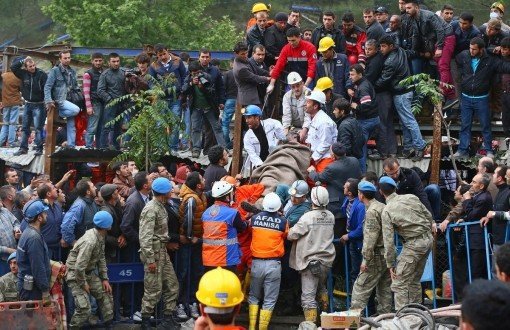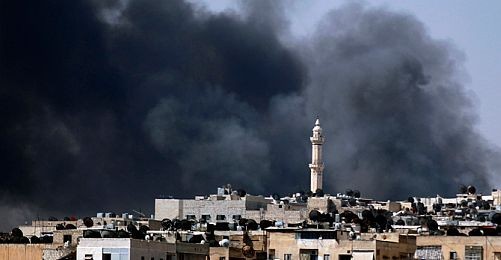
With a number of international reporters still missing in Syria, Turkish journalists Bünyamin Aygün and Serkan Ocak have cautioned that taking to the Arab country still poses major lethal risks. Veteran journalist Mete Çubukçu also noted that both sides of the conflict in Syria target journalists.
While observers have lost count of local reporters killed in the conflict, Japanese journalist Mika Yamamoto became the fourth international reporter to lose her life in Syria. There is also no trace of Turkish cameraman Cüneyt Ünal and Palestinian journalist Beşar Fehmi who both went missing in the country. A female Lebanese reporter is also said to be missing, but her newspaper Al-Jadeed has announced that she has already left Syria.
The Turkish Foreign Ministry said they were not in posession of any clear or definitive information regarding the kidnapped Turkish journalist.
Bünyamin Aygün, a photo journalist for the daily Milliyet, and Serkan Ocak, a reporter for the daily Radikal, both said journalists in Syria were in grave danger and that it posed vital risks to go to the region, especially in these days. Aygün and Ocak arrived from Syria only three weeks ago.
Mete Çubukçu, a long time war-reporter, further noted that both sides in Syria target journalists and that waving a white flag or carrying symbols of the press mean absolutely nothing in the context of the war.
"Running the gauntlet of death"
"If a journalist is going to Syria under the current circumstances, that means [he or she] is running the gauntlet of death," said Aygün, who has worked in such perilous environments as Iraq during the American invasion, southeastern Turkey in times of armed engagements, the military exercises of the Turkish Armed Forces and the scenes of natural disasters in Turkey.
"You cannot enter Syria through official means; you have to enter the country in the company of guides well acquainted with the region and through mine fields by risking everything. There are places identified by the United Nations (UN) in many wars where you can work if you wear a press vest," he said.
"It is impossible to report from Syria by standing out there in the middle. I applied to al-Assad's units but did not receive any answer. For that reason, I came to an agreement with the Free Syrian Army," Aygün said.
"The first thing they told me was that I was no safer than they were, despite the fact that it was not as dangerous when I went there as it is now. At the moment, Aleppo, Damascus and Homs are under intense bombardment. The Syrians know where to hide in case of an attack, but foreign journalists do not know what to do, and they are left out in the middle when everyone else stampedes away," he added.
"Both sides dangerous for journalists"
"[The case of] Syria is no ordinary war. Al-Assad's troops control the areas outside the city centers, while the opposition controls the downtown areas. Both sides began acting savagely after the opposition retaliated in response to the massacres undertaken by al-Assad's units... If you are caught by al-Assad's troops, then they definitely take you under custody and [treat] you as a potential spy. There can also be people in the Free Syrian Army who may not recognize you, however, or remain unconviced that you are a journalist," he said.
"This merciless environment drastically escalated the levels of adrenaline. Some people from the Free Syrian Army wanted to kill me once when I was taking photographs. They had no reason. I told them tenaciously that I was from Turkey and that I was merely taking photographs, and they were convinced. In short, I saved my skin, but that may not be the case every time," Aygün added.
"No safe haven left in Aleppo"
Journalist Serkan Ocak also entered Syria through the same undercover means with another experienced journalist, the first time he ever worked in a conflict zone:
"Journalists who came into Syria before we did were better off than we were. We went there at a perilious time; and now the situation is all the more dangerous. Al-Assad's units do not accept your request anyway; you have no other choice than to roam around with the opposition. A bomb had fallen on the street where we had resided inside a school, just as we were leaving. The last remaining Turkish journalists said that school had also been bombed. There is no safe haven left in Aleppo anymore," Ocak said.
Journalist Mete Çubukçu also said the warring sides in Syria had begun treating journalists as a party in the war and picking them as targets, even though the Geneva Conventions define journalists as civilians.
"Wars with no clearly defined fronts are the riskiest ones for journalists. You moved along with the Bosniaks in the Bosnian war; they used to protect you more than they protected themselves. They did not take you to certain fronts. As far as I can see, both sides in Syria are targeting journalists whether purposefully or not. The opposition cannot protect journalists as they are not fully organized. It is not clear who is shooting the journalists down anyway," he added.
"There is no point in waving a white flag or writing 'press' on oneself in Syria. Everyone sees you as a party [in the war.] The regime abducts journalists from Turkey solely because of the [Turkish] government's policies, and the opposition kidnaps other journalists for the same reason. Under normal circumstances, journalists have no national identity in accordance with international rules. They do not represent a country, but [warring parties] have begun picking on them as targets during the past 20 years," Çubukçu said.
Eight principles of war journalism
*Conducting research on how to assess and reduce the risks against journalists in war zones
*Making sure that war journalists are doing their job voluntarily and through their own free will
*Providing information on the location of the assignment
*Preliminary preparations
*Appropriate equipment
*Insurance for a variety of risks including death and illness
*Psychological counselling for the reporter
*Legal protection for the reporter (NV)





